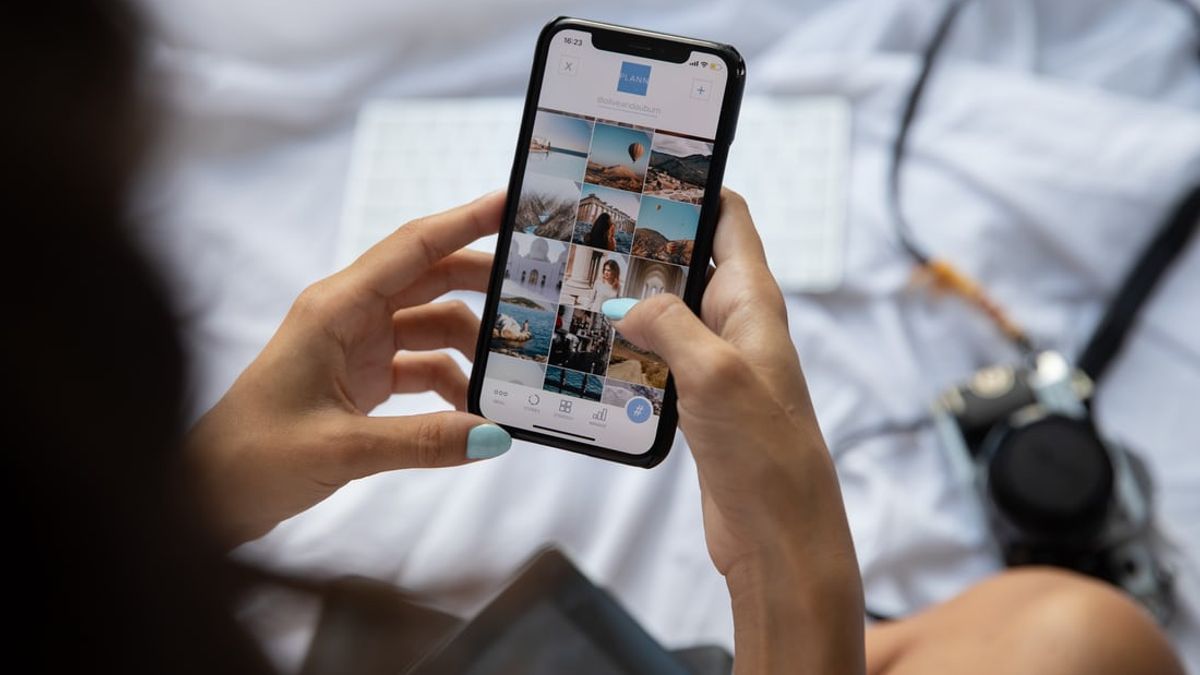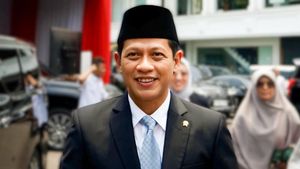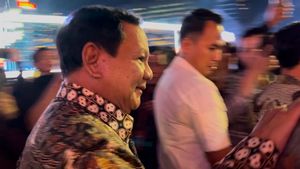JAKARTA - So far, the 3T (Front, Outermost and Disadvantaged) areas are known to have limited internet access. But now the people there have felt the positive impact with the accessibility of the 4G internet network in these marginalized areas.
The 3T region was initially considered unattractive commercially by cellular operators. However, now it is starting to shine after BAKTI Kominfo is present in these areas.
"The non-commercial area is not in demand by operators, it is like the 3T area. Therefore, BAKTI's main task is to build and provide telecommunications infrastructure in non-commercial areas and encourage the presence of a digital ecosystem," said Director of Public and Government Services at BAKTI Danny J. Ismawan in BAKTI Webinar, Friday 2 July.
Furthermore, Danny also said that later the SATRIA project could also be devoted to affected areas such as 3T.
"There are six programs that must be implemented by BAKTI, namely the construction of BTS, provision of multifunctional satellites, building a digital ecosystem, broadcasting, palapa ring, and providing internet access," Danny said.
According to Danny, the current pandemic condition indirectly gives its own wisdom in the telecommunications sector.
"First, the pandemic momentum is proof of the government's seriousness in the public's demands for equitable distribution of telecommunication networks with several steps to accelerate digital transformation. Second, we are experiencing the toughest challenges in technology adoption. We are indirectly forced to understand and be able to use technology so that we don't get left behind, especially people in remote areas,” explained Danny.
Meanwhile, Danny also described the presence of the internet in the 3T area as a double-edged sword for the community, which could have a positive or negative impact.
"This cannot be separated from concerns, yes, the presence of the internet does not only have a positive impact but also like two blades that have negatives as well. How can they (the public) wisely use technology and the internet. It is feared that there will be inappropriate content (accessed) )," said Danny.
"BAKTI has a moral responsibility to educate the public to be wise in using technology," he added.
Danny said, in general, there are four priority sectors that are supported in relation to digital literacy carried out by BAKTI, namely education, MSMEs, tourism, and health.
Previously, it was reported that in the education sector, BAKTI specifically collaborated with technology company Ruangguru to conduct the Indonesia Teaching Fellowship (ITF) program or teacher competency development.
This collaboration has now entered its second year. The first year for the 2019 to 2020 period was attended by 206 teachers from Sorong Regency, West Papua and Sangihe Regency, North Sulawesi, while this second year there were 80 teachers and 80 3rd grade high school students from Asmat Regency, Papua and Ende Regency, NTT.
The English, Chinese, Japanese, Arabic, and French versions are automatically generated by the AI. So there may still be inaccuracies in translating, please always see Indonesian as our main language. (system supported by DigitalSiber.id)










